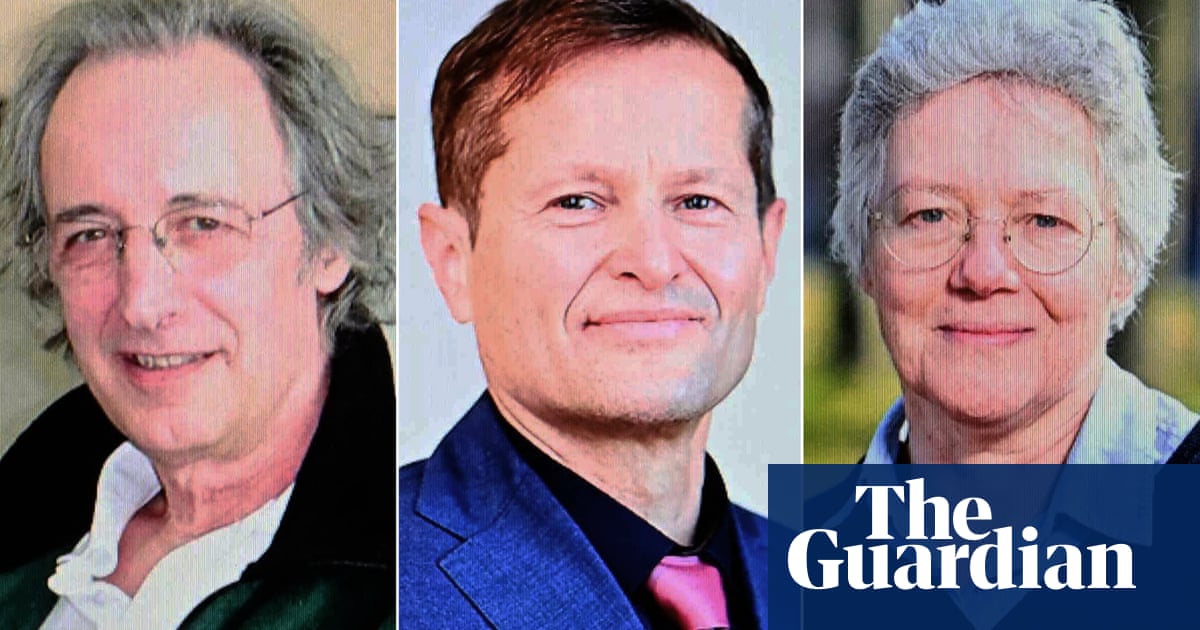
STOCKHOLM/LONDON, Muharram 03, 1438, October 04, 2016, SPA -- Three British-born scientists won the 2016 Nobel Prize in Physics on Tuesday for revealing unusual states of matter, leading to advances in electronics and potentially helping work on future quantum computers, dpa reported.
David Thouless, Duncan Haldane and Michael Kosterlitz, who all work at U.S. universities, share the prize for their discoveries on abrupt changes in the properties, or phases, of ultra-thin materials.
Their research centres on topology, a branch of mathematics involving step-wise changes like making a series of holes in an object. The difficult-to-grasp concept was illustrated by Nobel Committee member Thors Hans Hansson at a news conference using a cinnamon bun, a bagel and a pretzel.
Phases are obvious when matter goes from solid to liquid to gas, but materials can also undergo topological step changes that affect their electrical properties. One example is a superconductor, which at low temperatures conducts electricity without resistance.
"Thanks to their pioneering work, the hunt is now on for new and exotic phases of matter," the Royal Swedish Academy of Sciences said in awarding the 8 million Swedish crown ($937,000) prize.
"Many people are hopeful of future applications in both materials science and electronics."
Thouless, of the University of Washington in Seattle, was awarded half the prize, with the other half divided between Haldane, of Princeton University, and Kosterlitz, of Brown University.
"We really haven't understood ... the full amount of marvellous things that quantum mechanics can do," Haldane told Reuters in an interview at his home in Princeton, New Jersey. "It does things which we never dreamed of and could actually be tremendously useful for all kinds of new technologies."
--SPA
21:27 LOCAL TIME 18:27 GMT
www.spa.gov.sa/w












